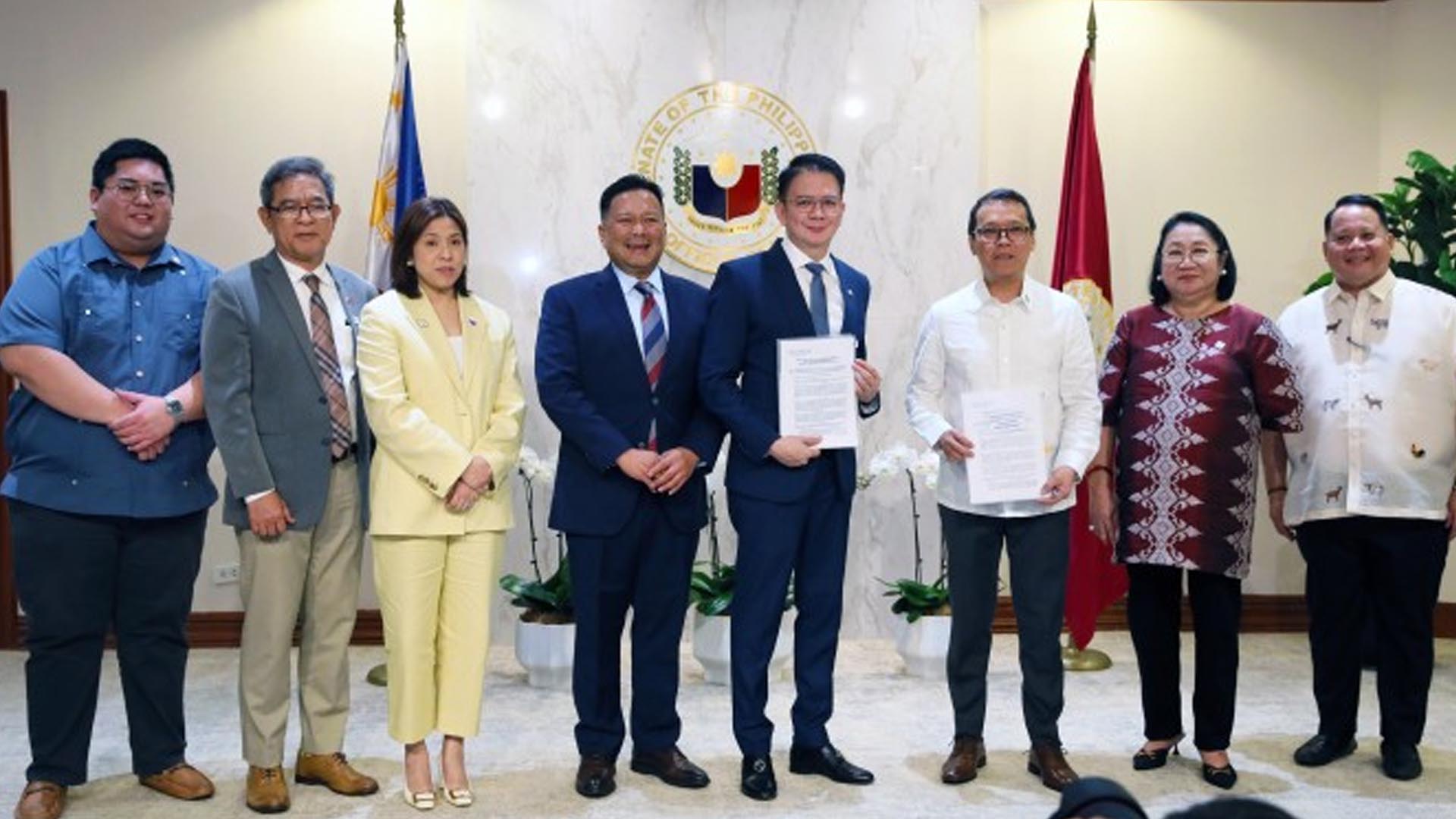Senate President Francis Escudero on Tuesday welcomed the signing into law of Republic Act (RA) 12231 or the Government Optimization Act, describing it as a landmark measure to build a more streamlined, agile, and responsive bureaucracy.
“The signing of the Government Optimization Act marks a pivotal step toward a more efficient and responsive bureaucracy. This reform is designed to eliminate overlapping mandates and streamline operations across government agencies, ensuring faster and more effective service delivery to the public,” Escudero said in a statement.
Escudero clarified that the law is not meant for downsizing or budget cuts but instead focuses on structural reforms that allow government institutions to function more cohesively.
“Its core intent is to transform government into a well-coordinated system—one that removes institutional bottlenecks and empowers agencies to serve with greater agility and purpose,” he said.
The law grants the President of the Philippines the authority for a period of five years to reorganize the executive branch.
This includes the power to merge, consolidate, transfer, split, scale down, abolish, or create agencies as necessary to optimize governance.
However, specific sectors are exempt from the program, including teachers and teaching-related positions in public schools and universities, as well as military and uniformed personnel.
Independent constitutional bodies, the judiciary, the legislature, and local government units are also excluded, although they may choose to implement similar reforms voluntarily.
Escudero emphasized that the law is also focused on professionalizing the bureaucracy and fostering a culture of merit and performance.
“Ultimately, the law promotes career advancement and professional growth among government personnel. By fostering a culture of merit and performance, it aims to inspire public servants to work with renewed dedication for the Filipino people,” he said.
The Government Optimization Act was one of Escudero’s key legislative priorities as Senate President, reflecting his administration’s focus on improving the quality and speed of public service delivery. (PNA)


